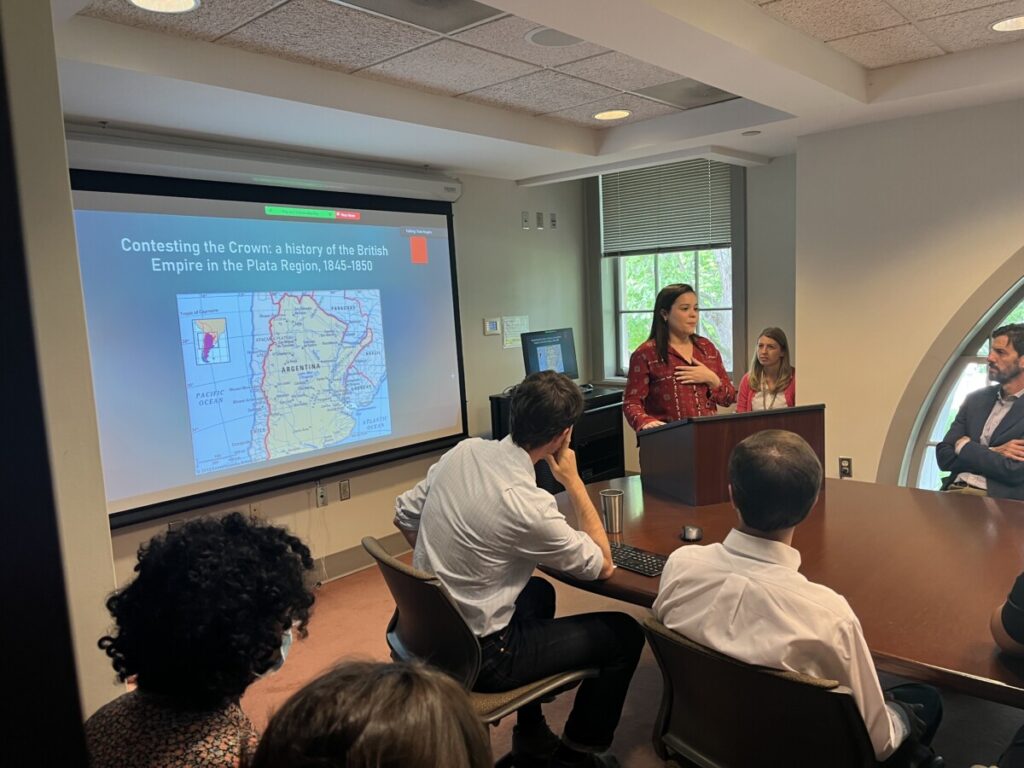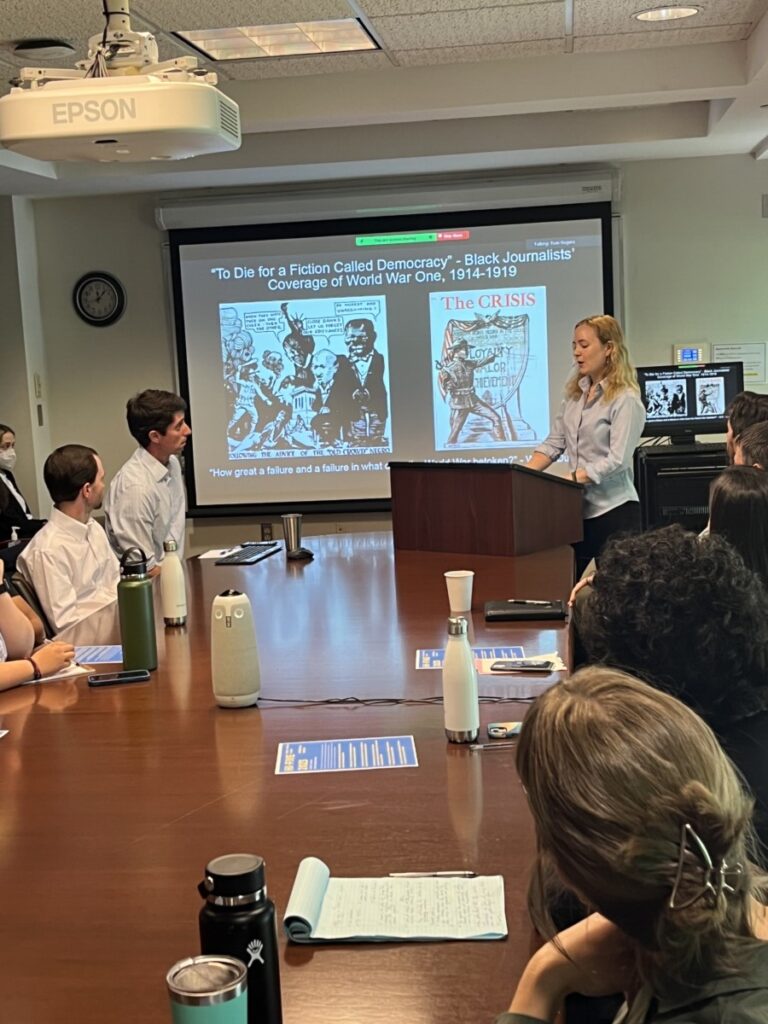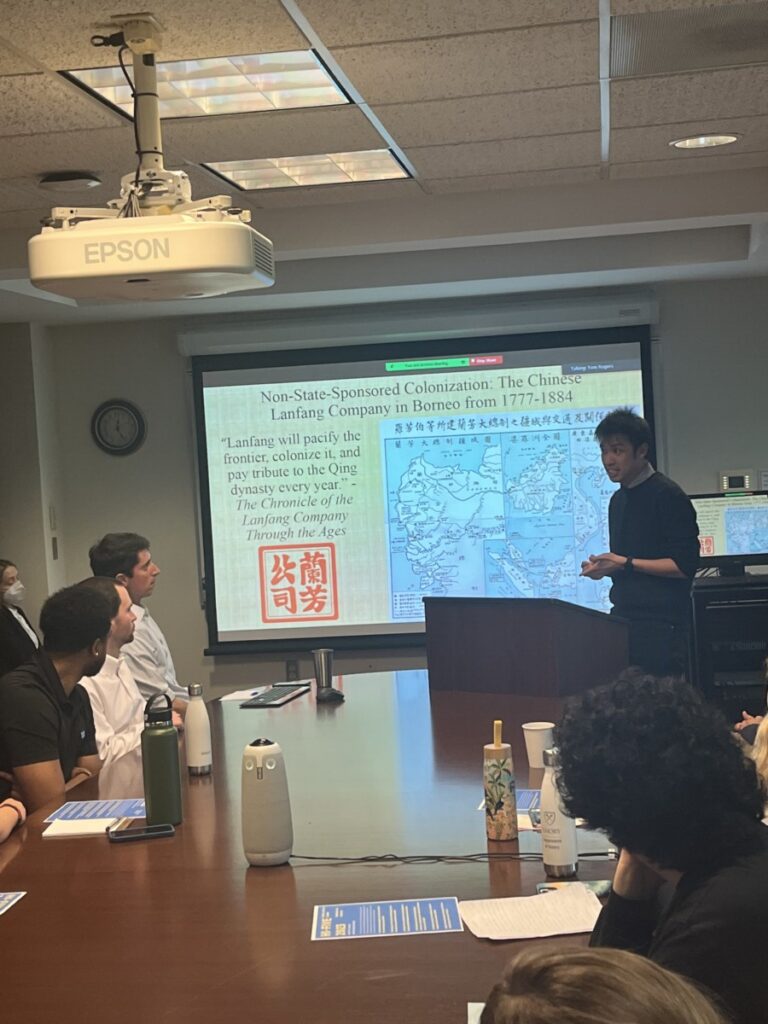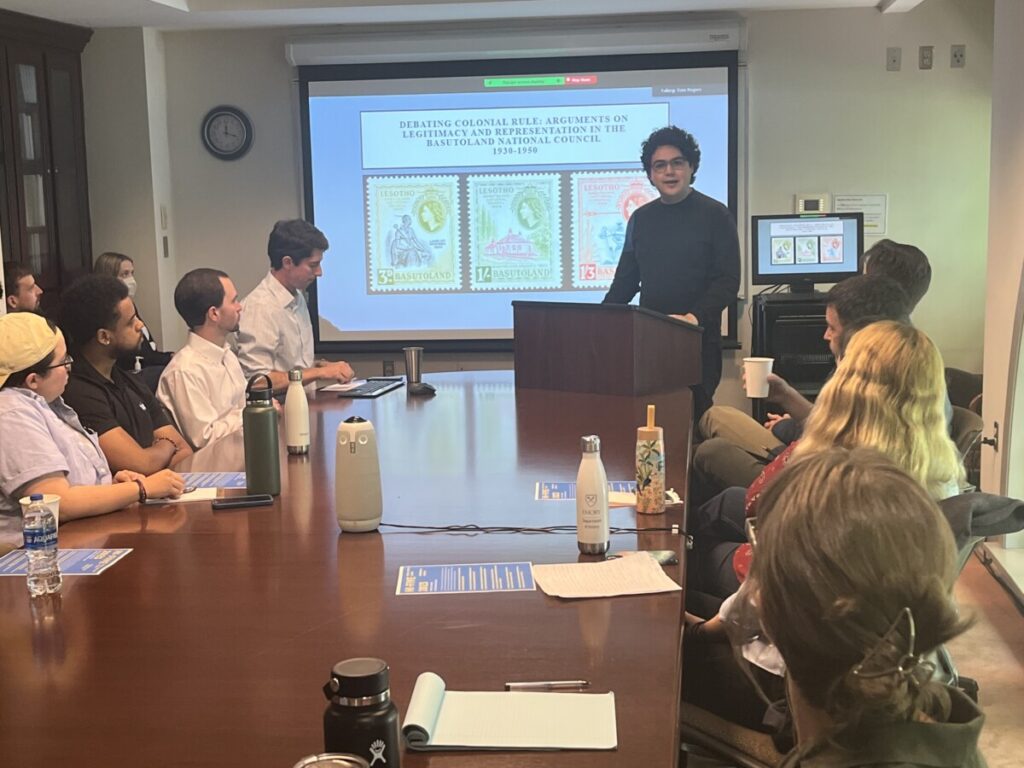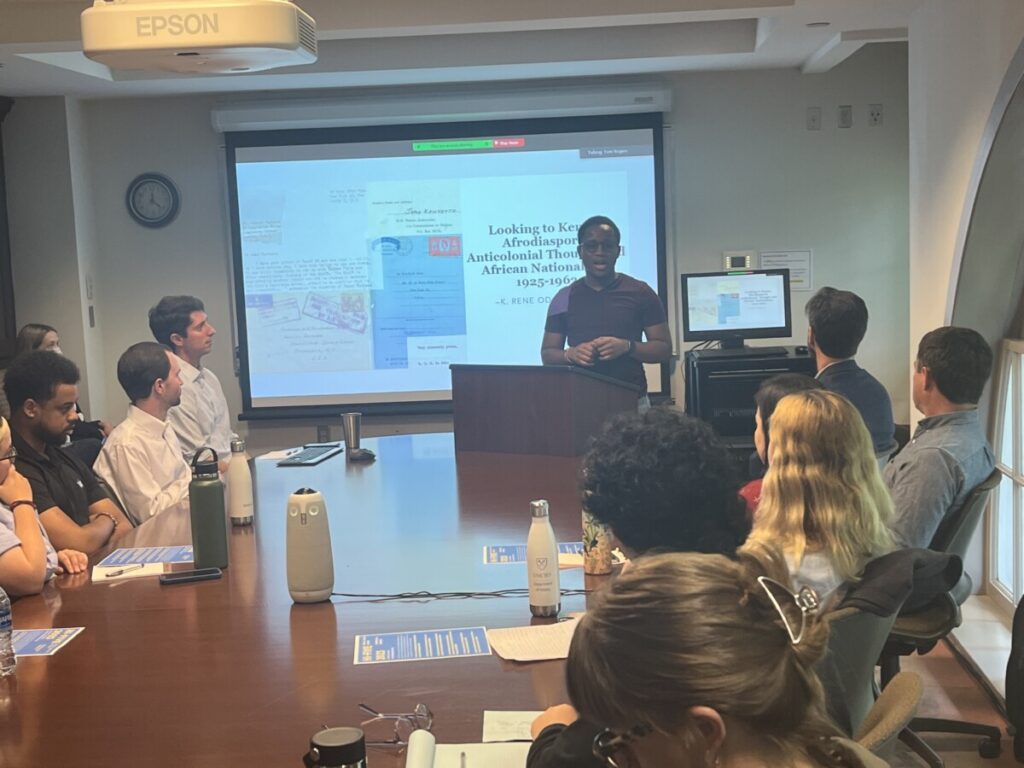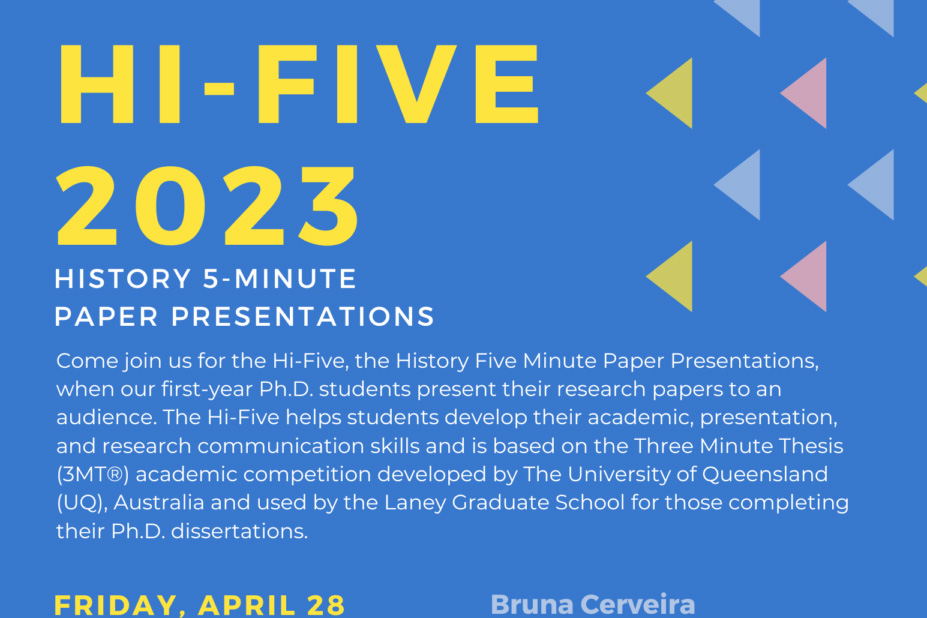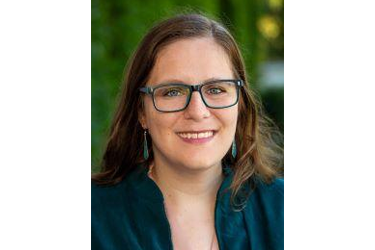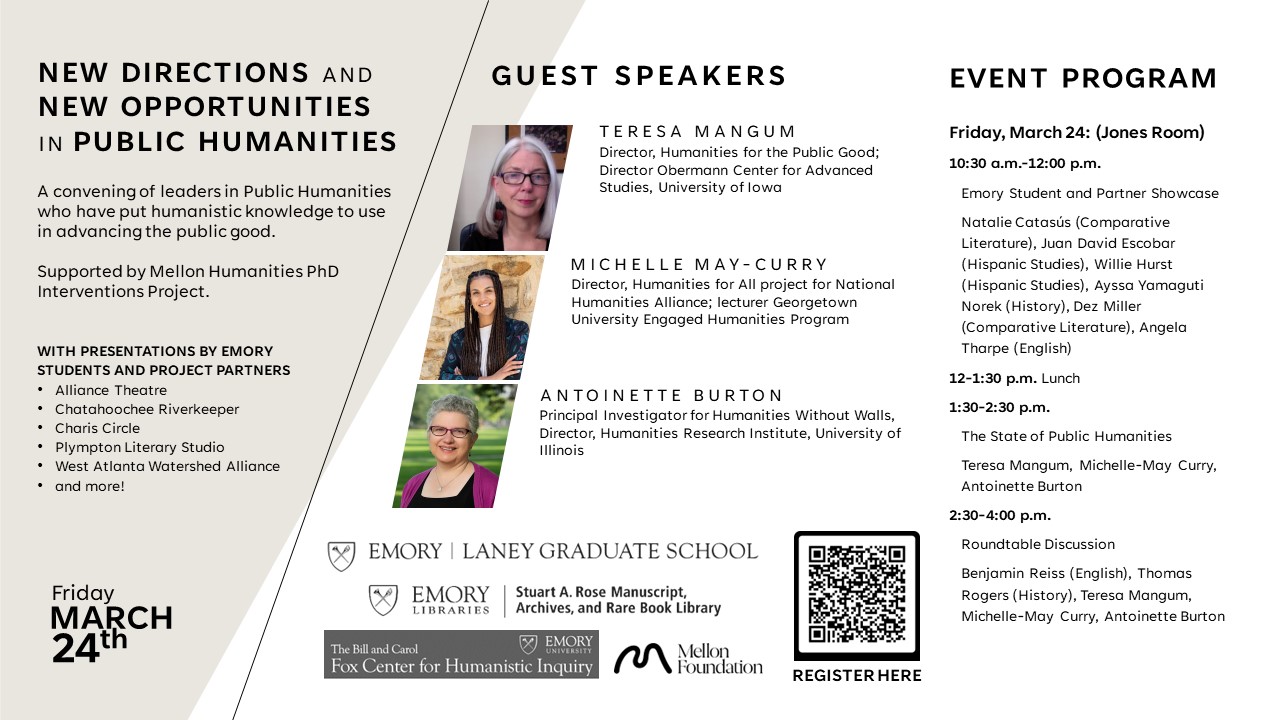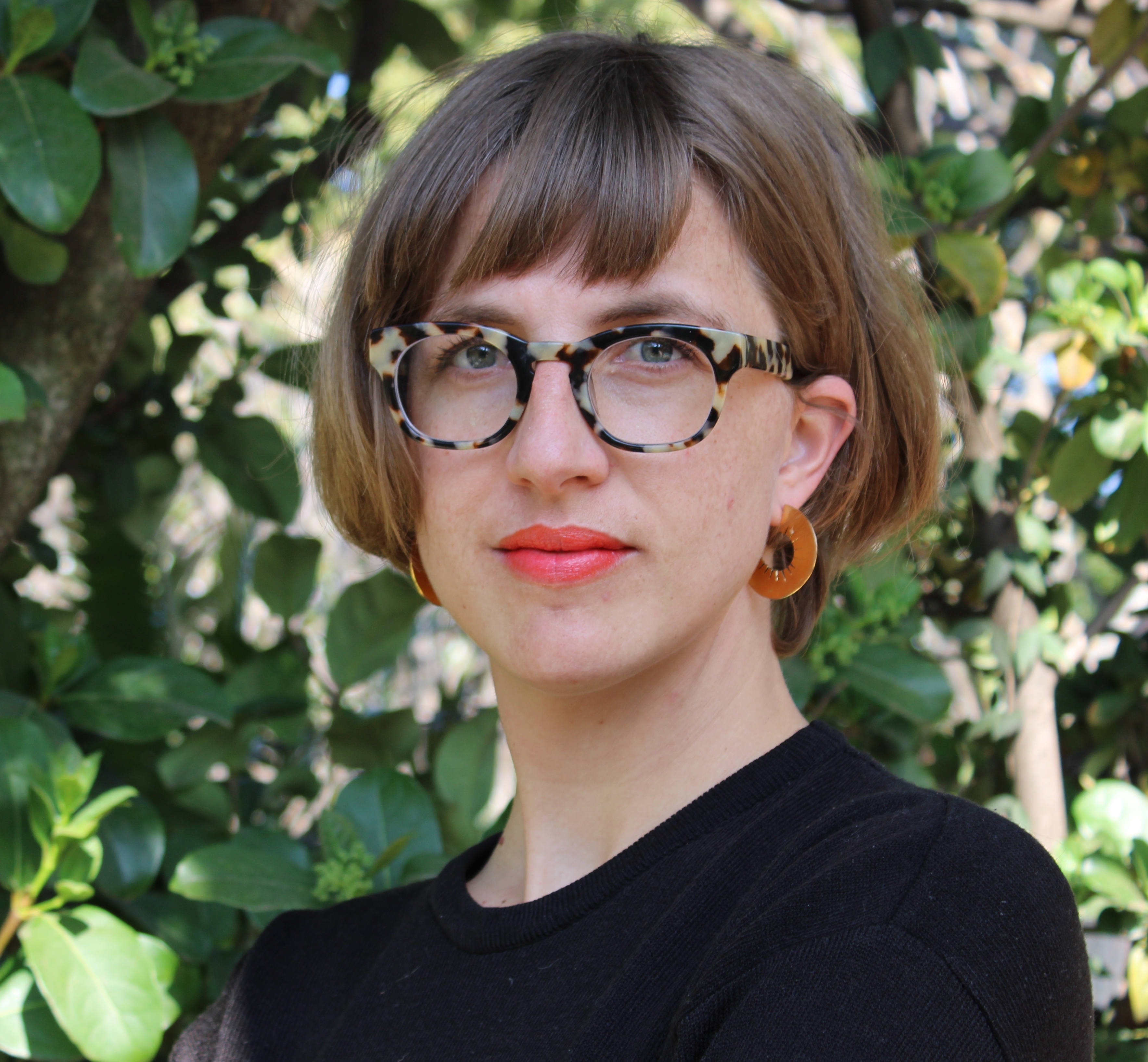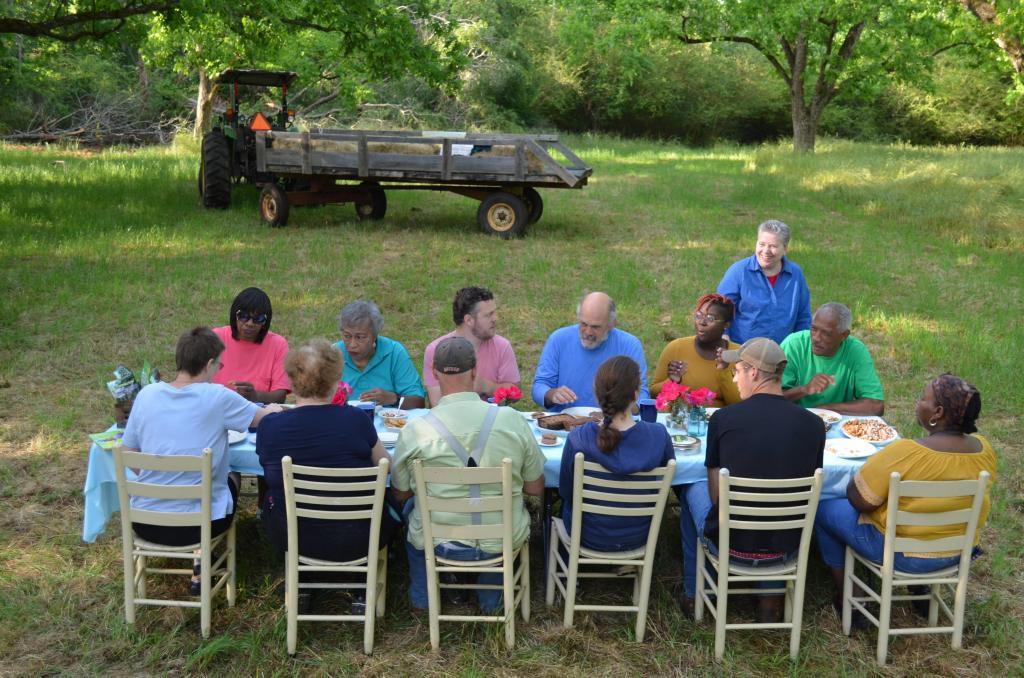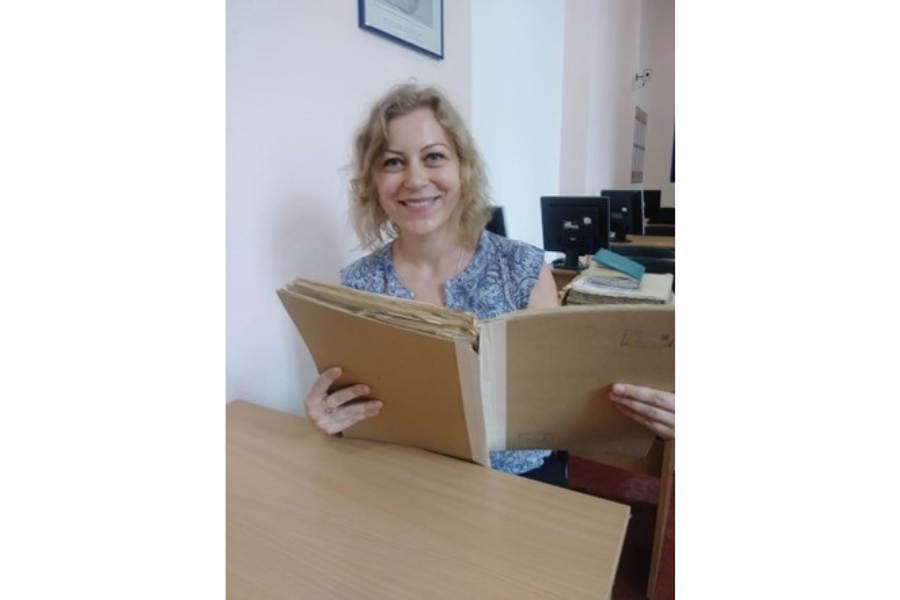Dr. Hannah Rose Abrahamson, a 2022 doctoral program graduate, recently won the Maureen Ahern Award from the Latin American Studies Association – Colonial Section for her dissertation. Titled “Women of the Encomienda: Households and Dependents in Sixteenth-Century Yucatan, Mexico,” the thesis was advised by Dr. Yanna Yannakakis, Associate Professor of History. Abrahamson is currently Assistant Professor of History at the College of the Holy Cross. Her research and teaching interests include early modern Latin America, indigenous history, the Atlantic world, colonialism, gender, sexuality, and the digital humanities. Abrahamson is among three former or current Emory History Department members recognized by prizes in the 2023 LASA awards cycle. Read the abstract of Abrahamson’s dissertation below.
Over the course of the sixteenth century, multiple Spanish women in Yucatan, Mexico gained and maintained authority over encomiendas, royal grants to Native tributary labor. While the Spanish Crown most often awarded these grants to men as recompense for military service in the conquest of the Americas, dozens of women inherited and held the privileged status of encomendera (encomienda grant holder). My dissertation situates women at the center of encomiendas, colonial households, and relationships of dependent labor and domestic servitude during the first century of colonization in Yucatan. I trace women’s involvement in these institutions from the establishment of colonial settlements in the region in the 1540s through the late sixteenth century: the period during which the encomienda constituted the sole basis of Yucatan’s economy. The reciprocal, yet uneven, relationships of dependency that characterized the encomienda were mirrored in colonial households where Spanish, Maya, and African- descended peoples enacted and contested colonial power dynamics in their everyday lives. I argue that Spanish and Maya women’s increasing involvement in the encomienda over the course of the sixteenth century stabilized the institution and further entrenched it in the region, allowing it to endure in Yucatan for nearly three centuries. This project contributes to discussions regarding the nature of colonialism by examining the means through which women exercised power in European settlements. Spanish women became colonial authorities in their own right through their roles as encomenderas. I also examine instances of resistance in which Maya and African dependents pushed against encomenderas’ power through legal and extralegal means. My project provides new insight regarding how Spanish, Maya, and African women gained, maintained, and contested authority in peripheral settlements throughout the Americas where wealth was grounded in Indigenous labor and agricultural production.
